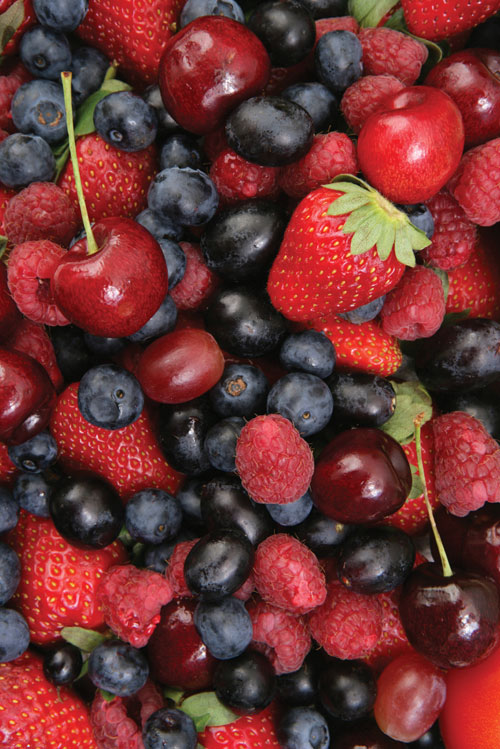As farmers scramble to pick, process and sell their fruit, many of them aren’t seeing higher profits.
 |
Berry and cherry crops have benefited from this summer’s perfect weather, but those lovely temperatures also created shorter picking seasons. As farmers scramble to pick, process and sell their fruit, many of them aren’t seeing higher profits.
Cherry production is expected to reach 60,000 tons, says Dana Branson, administrator of the Oregon Sweet Cherry Commission. B.J. Thurlby, president of Washington-based Northwest Cherry Growers, expects the value of production to be at an all-time high, but some growers have locked into higher prices while others have lost out.
“Every year in the cherry business there are winners and losers,” says Thurlby. “This is definitely a gambler’s proposition.”
He’s heard of packing companies turning growers away because they’re already processing at capacity. Some growers have told Branson they’ve stopped picking because large corporations are offering prices so low, growers will not make a profit.
“It’s heartbreaking,” says Branson. “Everybody started out this season with such optimism.”
Blackberries, strawberries and raspberries also experienced shorter picking seasons this year and normal yields that are still better than those of last year when cold weather damaged some of the crops.
Stocks of frozen blackberries are low and demand is up, a situation that has the potential to benefit farmers. But according to Dave Dunn of Salem-based Willamette Valley Fruit Company, “With the condensed crop, the opportunity to negotiate for better prices might not materialize.”
He thinks the future of blackberries could become more marketable. “Black is not a very attractive color in a drink but there’s an attitude that blacks are going to be the next trend. It’s a little early to tell.”
Blueberry growers have certainly benefited from health-food trends. For the last five years, the industry has grown steadily in both demand and production. But this year marks a plateau in the industry as supply exceeds demand for the first time. Growers are seeing lower prices across the board. Doug Krahmer of St. Paul-based Berries Northwest has seen fresh blueberry prices drop 25% this year and was losing money in July.
Bryan Ostlund, administrator of the Oregon Blueberry Commission, hopes companies will start creating more blueberry-based products with the assurance of a steady supply of fruit. “We’re always feeling like we’re in uncharted waters recently,” he says.
Growers might feel uncertain about the future or frustrated with the unexpected downside of a bumper crop, but this summer someone is definitely benefiting: the consumer.


